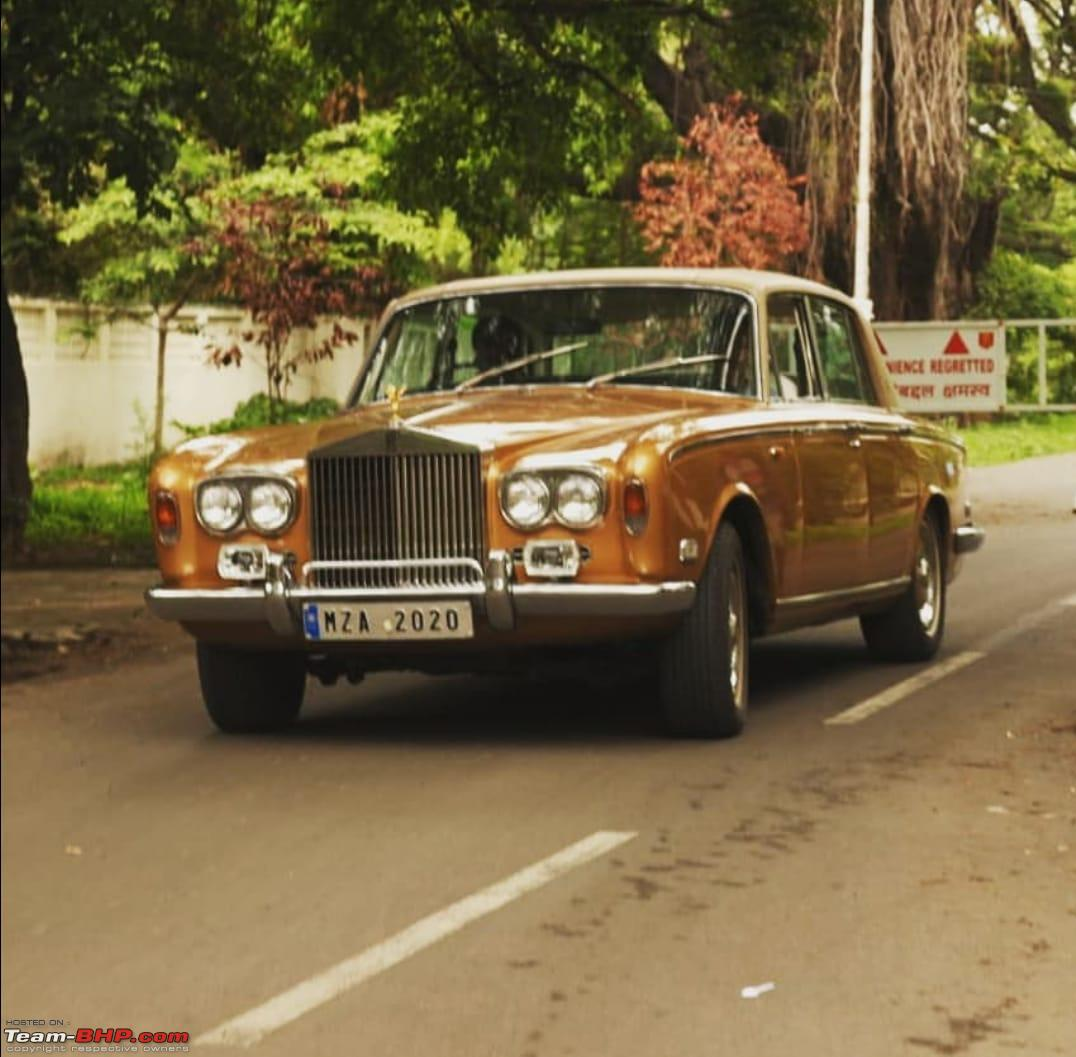Russia stands at a pivotal juncture in its political trajectory, grappling with multifaceted challenges that shape its domestic policies and international relations. From geopolitical tensions to internal dissent, the landscape of Russian politics is rife with complexities that demand attention and analysis.
In this article, we delve into the core political challenges confronting Russia today, offering insights and perspectives crucial for understanding its current state and future directions.
Understanding Russia's Political Landscape
At the heart of Russia's political challenges lies a complex interplay of domestic issues and global pressures. The legacy of Soviet-era policies, coupled with modern geopolitical dynamics, sets the stage for a nuanced examination of Russia's political landscape.
Geopolitical Tensions and International Relations
Russia's relations with the West, particularly the United States and European Union, remain strained. Issues such as NATO expansion, sanctions over Crimea, and allegations of election interference have exacerbated tensions, influencing Russia's foreign policy decisions and domestic stability.
Economic Pressures and Socioeconomic Disparities
Economic challenges, including fluctuating oil prices and economic sanctions, have impacted Russia's growth prospects and societal well-being. These pressures intersect with internal socioeconomic disparities, posing significant challenges to political stability and public trust in governmental institutions.
Internal Political Dynamics and Governance Issues
Internally, Russia faces governance issues marked by centralization of power and restrictions on political dissent. The Kremlin's control over media, civil society, and opposition voices underscores broader concerns about political freedoms and democratic practices within Russia.
Security Concerns and Regional Dynamics
Security remains a critical issue for Russia, with ongoing conflicts in regions like Crimea and the North Caucasus posing challenges to national stability. The management of these conflicts, alongside responses to regional aspirations for autonomy, shapes Russia's political strategies and international perceptions.
Future Outlook and Strategic Imperatives
Looking ahead, navigating these political challenges requires strategic foresight and adaptive policymaking. Addressing socioeconomic inequalities, fostering diplomatic engagements, and enhancing governance transparency are pivotal for Russia's political evolution on the global stage.
Final Thoughts
In conclusion, Russia's political challenges today are multifaceted, rooted in historical legacies and contemporary geopolitical realities. Understanding these complexities is essential for policymakers, analysts, and global observers seeking insights into Russia's evolving role in international relations.
Edited by Niamat Kaur Gill
This article has been authored exclusively by the writer and is being presented on Eat My News, which serves as a platform for the community to voice their perspectives. As an entity, Eat My News cannot be held liable for the content or its accuracy. The views expressed in this article solely pertain to the author or writer. For further queries about the article or its content you can contact on this email address - niamatkgwork@gmail.com









0 Comments